The spirit of "starting early, from afar, not waiting until an epidemic occurs to implement" has been materialized through practical actions and initially brought clear results.
Dengue fever is an acute infectious disease transmitted by mosquitoes, can occur at any age and can easily become serious if not detected and treated promptly. |
Since the beginning of 2025, the country has recorded more than 32,000 cases of dengue fever. In the context of heavy rain and hot and humid weather, ideal conditions for disease-carrying mosquitoes to thrive, the Ministry of Health assessed that the risk of an outbreak is entirely possible if preventive measures are not implemented synchronously and drastically.
However, the health sector also affirmed that the epidemic is still under control thanks to the early intervention of functional agencies and governments at all levels.
According to Mr. Vo Hai Son, Deputy Director of the Department of Disease Prevention (Ministry of Health), dengue fever is an acute infectious disease transmitted by mosquitoes, can occur at any age and can easily become serious if not detected and treated promptly.
Each year, the world records about 390 million cases of the disease, mainly in Southeast Asia, the Western Pacific , the Americas and Africa, where about 2.5 billion people live in endemic areas.
In Vietnam, the disease is prevalent in most localities, with about 100,000 cases and nearly 100 deaths each year. The epidemic often increases sharply from June to November, not only in the South but also in the North, Central and Central Highlands, which have recorded an increasing trend of cases in recent years.
As of July 8, 2025, the country has recorded 32,189 cases of dengue fever, including 5 deaths. Compared to the same period in 2024, the number of cases decreased by more than 11%, and the number of deaths decreased by 1 case.
However, the epidemic is fraught with many risks, especially in localities such as Ben Tre, Tay Ninh, Long An, Dong Nai and Ho Chi Minh City, where high increases have been recorded, from 150% to more than 340% compared to the same period last year.
Mr. Son warned that Vietnam is currently entering the peak dengue fever season, lasting from June to December. Hot, humid weather and heavy rains are favorable conditions for the development of disease-carrying mosquitoes. Notably, the outbreak cycle in recent years has been shortened, from 5 years to 3-4 years.
The most recent major outbreak in 2022 recorded more than 370,000 cases nationwide. Therefore, without timely and strong intervention, the possibility of an outbreak in 2025 is entirely possible.
According to Mr. Vo Hai Son, Deputy Director of the Department of Disease Prevention, Ministry of Health, dengue fever is still well controlled, but current weather conditions are very favorable for the development of disease-carrying mosquitoes, so the risk of an increase in the number of cases in the coming time is entirely possible.
Many years of practical experience show that the number of cases tends to increase from June to December every year, right in the rainy season nationwide.
Another worrying point is that the dengue outbreak cycle is shortening from about 5 years to 3-4 years. The most recent outbreak in 2022 recorded more than 370,000 cases. “If localities do not drastically implement prevention measures from the beginning of the season, the risk of the epidemic breaking out again in 2025 is very high,” Mr. Son warned.
Therefore, the Ministry of Health did not wait for the epidemic to break out before taking action. Throughout the first half of 2025, the Ministry continuously issued documents directing the entire health system and local authorities to proactively fight the epidemic in the spirit of "early, from afar". These specific actions have shown positive results, according to Mr. Son's assessment.
Since April, the Ministry of Health has sent official dispatches to the People's Committees of provinces and cities requesting them to strengthen measures to prevent dengue fever, while responding to ASEAN Dengue Fever Prevention Day.
By May 24, 2025, the Ministry will continue to launch a peak campaign in June and July, when the risk of the epidemic reaches its peak. In addition, the Ministry will coordinate with the Ministry of Education and Training to implement epidemic prevention in schools, especially in high-risk areas to protect students' health.
According to Mr. Son, localities have proactively taken action. Many provinces and cities have identified hot spots, old outbreaks and risk areas to closely monitor, detect cases early and handle them promptly, preventing the spread of the epidemic.
Activities to spray chemicals to kill mosquitoes and eliminate larvae and pupae have been carried out vigorously. “The early and focused implementation has contributed significantly to helping to stably control the epidemic situation so far,” he affirmed.
Not only the health system, but also the political system at the grassroots level was mobilized. Authorities at all levels, socio-political organizations, residential group cadres and prestigious people in the community actively participated in propaganda and guidance for people to eliminate mosquito breeding sites right in their households. Many localities launched intensive epidemic prevention campaigns in each commune and ward, especially in remote areas with limited sanitation conditions.
In addition, the Institutes of Hygiene and Epidemiology and the Pasteur Institute have sent many working groups to support, inspect and guide high-risk localities to handle outbreaks properly, monitor cases early and handle them promptly right from the first case. According to Mr. Son, this initiative helps to "contain and quickly suppress" potential outbreaks, contributing to effectively controlling the spread rate.
Regarding communication, the Ministry of Health identified this as a fundamental solution to raise public awareness. Communication campaigns were widely deployed through radio, newspapers, social networks and directly in the community.
Simple messages such as “Sleep under mosquito nets even during the day”, “Cover water containers”, “10 minutes a week to kill mosquito larvae” are widely spread, easy to remember, easy to implement, helping people proactively prevent at home.
The treatment system is also well prepared. Hospitals are assigned to different treatment levels to avoid overload, while medicines, infusions, chemicals, human resources, and equipment are prepared to receive and treat patients effectively, reducing the risk of death. The Ministry of Health requires increased training in patient diagnosis and classification skills, especially at the grassroots level.
“Through monitoring, the campaigns that have been implemented are showing positive results. Localities have organized high-level communication campaigns to each household, focusing on disadvantaged areas and ethnic minorities. Environmental sanitation activities, removing stagnant water containers, killing mosquito larvae, and sleeping under mosquito nets have been implemented simultaneously, contributing to limiting the increase in the number of cases,” Mr. Vo Hai Son emphasized.
Representatives of the Department of Disease Prevention highly appreciated the drastic participation of authorities at all levels, departments, organizations and people.
However, Mr. Son also noted that to maintain results and control the epidemic well during the season, prevention activities need to be persistent, continuous and extensive with the participation of each household. "Epidemic prevention is not only the job of the health sector, but each citizen is an important link to prevent the outbreak," he concluded.
According to Mr. Son, dengue fever is a mosquito-borne disease, so controlling the disease vector is a key factor. Therefore, the Ministry of Health has mobilized the participation of the entire political system, from authorities at all levels, residential groups to mass organizations to propagate and guide people to implement disease prevention measures in their own households.
Removing objects that hold water, cleaning tanks, killing mosquito larvae, and sleeping under mosquito nets even during the day are all practical and effective measures that people can proactively implement.
Along with disease prevention, the treatment system is also receiving special attention from the Ministry of Health. Hospitals have been asked to prepare human resources, medicines, infusions, equipment, and clearly classify treatment routes to limit overload, improve admission and treatment efficiency, and reduce the risk of death. Training and coaching on diagnostic skills and patient classification for primary health care are also being strengthened.
On the part of the people, the Ministry of Health recommends not to be subjective or negligent in disease prevention. To prevent dengue fever, people need to implement synchronous measures such as: covering water containers, removing stagnant waste, changing water in vases regularly, putting fish in aquariums, sleeping under mosquito nets during the day, wearing long clothes and using mosquito repellents.
In particular, when there are signs of fever, you need to go to a medical facility immediately for examination, diagnosis and timely treatment. Absolutely do not take medicine at home on your own.
Notably, dengue fever vaccines have now begun to be deployed for service injection at a number of medical facilities. Mr. Vo Hai Son said that this is an important step forward, contributing to proactive disease prevention and protecting people's health. However, vaccines cannot completely replace traditional disease prevention measures.
Source: https://baodautu.vn/bo-y-te-hanh-dong-tu-som-tu-xa-de-phong-chong-dich-sot-xuat-huyet-d328370.html



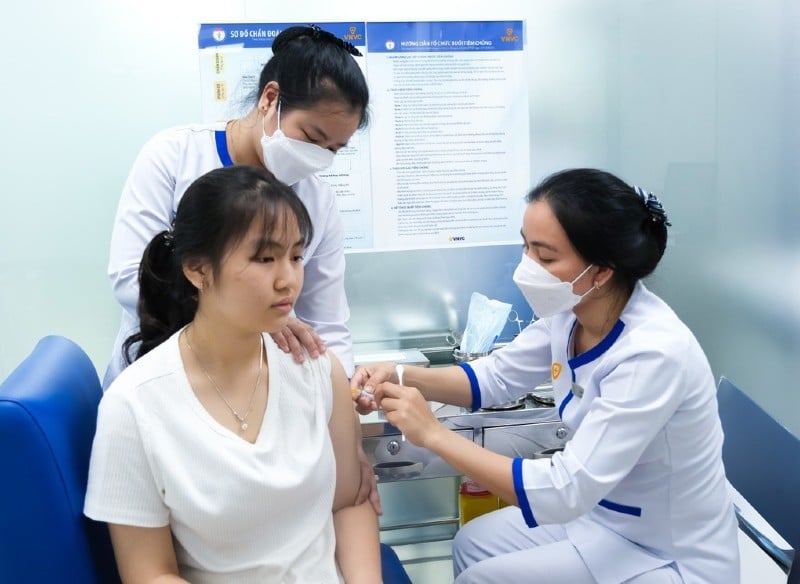









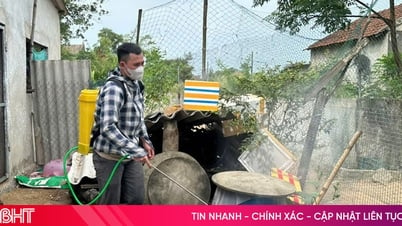


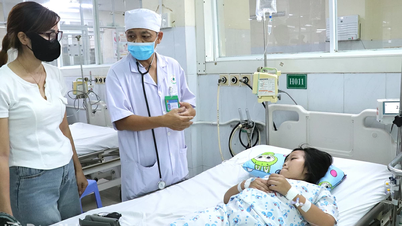

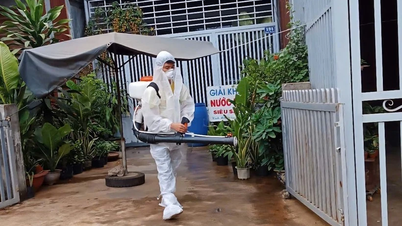

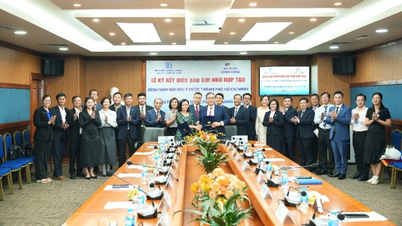





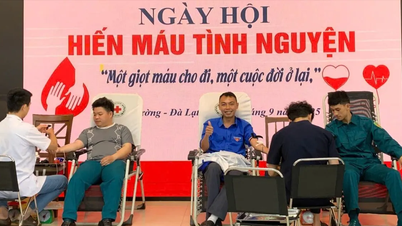
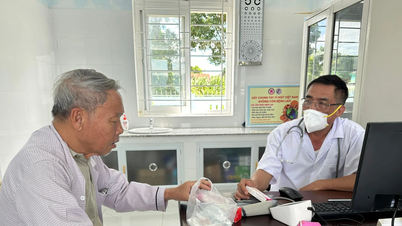









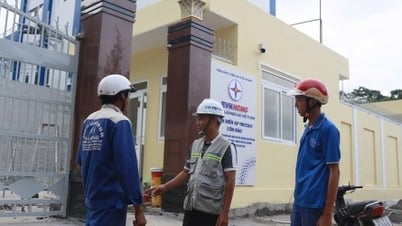

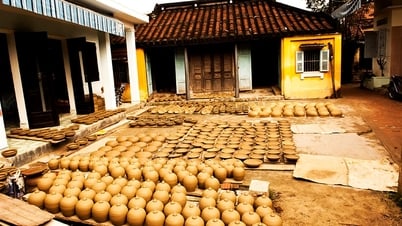











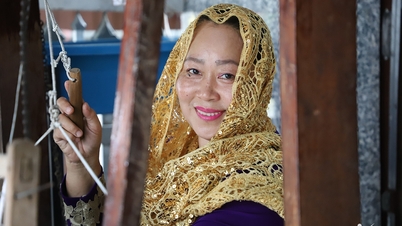


















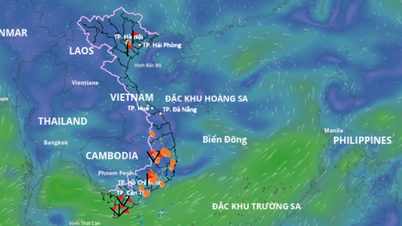









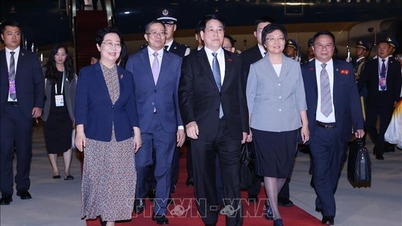




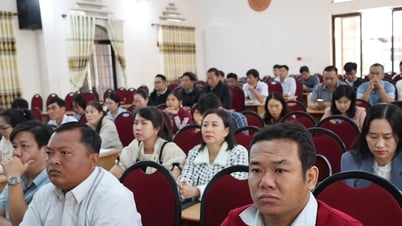











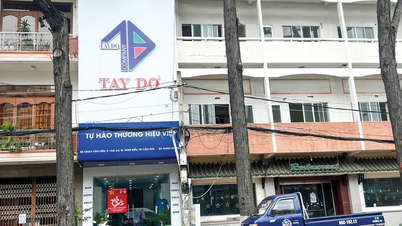











Comment (0)